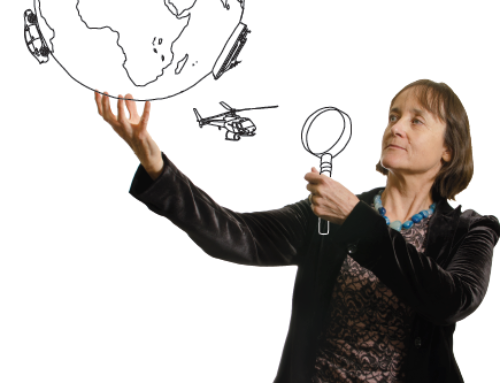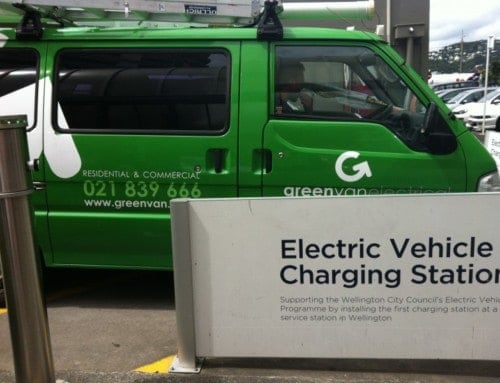I want to tell you a story about energy. Most of us use energy without giving it a second thought – we switch on lights, turn on the heater, fill our cars with gas – we really don’t think about it much. But this story is not about most of us – it is about the small, but significant number of people for whom energy consumption bears greater consequences. This story is about the people living in fuel poverty.
In 2007 the Muliaga family in South Auckland owed less than $200 on their power bill. The power company switched off their power supply and three hours later Folole Muliaga, a woman who relied on an oxygen machine to help her breathe, was dead. She was 45 years old.
In 2010, Roretana Holland was found dead in bed, at his parents’ home in Porirua. The coroner warned about the dangers of bedsharing and overcrowding. But one part of the picture he failed to mention was why the children were sleeping together in the first place. Four children shared a bedroom because the family had only one heater to keep them warm. Roretana was only five months old.
Every winter, Taleni Lafo has to take her two young children to hospital because they become sick from the cold – the cold of their house. Her family lives in a small wooden home in Papakura, built in 1989. And even with the four of them – Mrs Lafo, her husband Pio and her children Rachel, 3, and TJ, 2 – all in one room huddled under a blanket, they were still cold.
These are extreme examples that have captured the attention of the media. But the reality is there are thousands of people in New Zealand living in fuel poverty. New Zealand has now overwhelming research evidence about the dangers of living in cold, damp houses, especially the direct health consequences and the indirect effects you don’t see or talk about – such as whether you spend the money on power bills, food for the family or going to the doctor. A hard choice that some families are faced with.
So fuel poverty is a problem, but before we go any further we need to understand exactly what is happening in New Zealand. The current measures of fuel poverty used in NZ are based on studies from the UK. We need measures that are better adapted to address the situation here. Compared to other developed countries, New Zealand has increasing rates of inequality, higher percentage of child poverty, older housing stock, increasing rental housing sector – all factors that need to be taken into account in a fuel poverty measure.
Why do we need to focus on fuel poverty? Why do we need to make sure we identify and measure it properly? We need to do this to ensure that we protect and help the most vulnerable members of our society. We need to do this because life, after all, should be worth more than a power bill.
I’d be interested to know what you think below.
Fatima.ibrahim-mckague@otago.ac.nz
Fatima McKague is doing a PhD researching into fuel poverty in New Zealand. To read about her research (please click here).





Leave A Comment